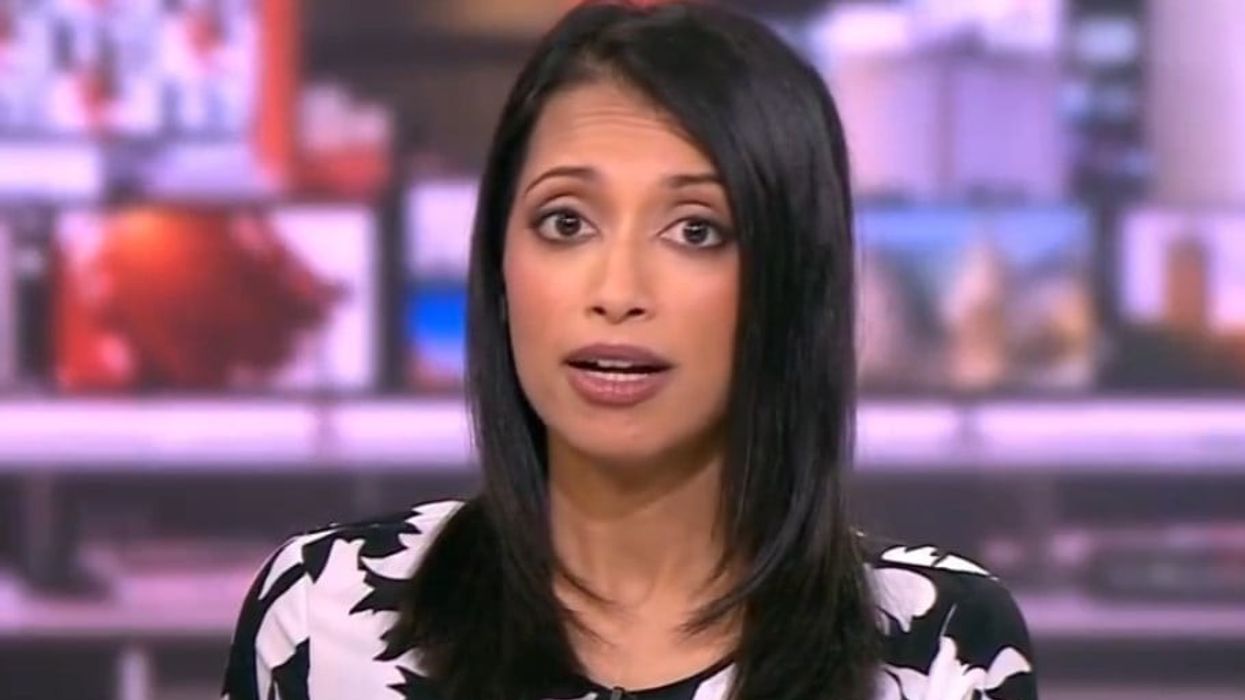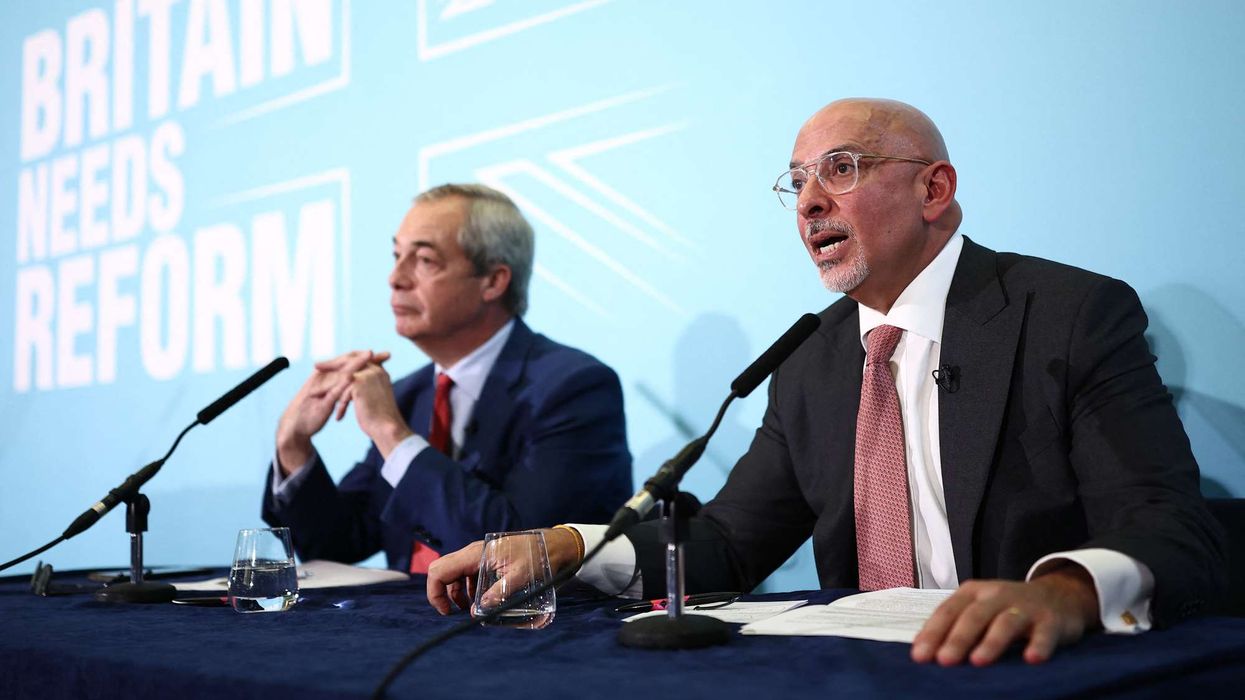DURING an interview on BBC Breakfast on Sunday (August 25), host Luxmy Gopal apologised to Paralympian Hannah Cockroft following an unexpected comment about pressure.
The interview was broadcast on BBC Two, as reported by the Manchester Evening News.
Hannah Cockroft joined the show to discuss her preparations for the upcoming games starting on August 28. When asked about her readiness, Cockroft said, "Preparations are going really well though, I've had a pretty good year, I became world champion again this year which is a great place to start."
Gopal then mentioned Cockroft's unbeaten record since London 2012, asking, "How do you cope with that level of pressure?" Cockroft responded, "Well, I try not to think about it until you bring it up," reported the Express. Realising the misstep, Gopal quickly apologised, saying, "Sorry, sorry, I haven't helped. Sorry, Hannah!"
The 32-year-old athlete reassured Gopal by stating she was only joking. She continued, "It means that people believe in you, it means people know that you work hard and go out and do well and I think I can do that too." Cockroft added, "I want to do myself proud, I want to do everyone who has supported me over the last three years, over my whole career, proud... It is getting harder every Paralympic Games, more girls are coming in."
Reflecting on the growing competition, she said, "This is the first time I'll have heats at the 100m since London 2012 so it's incredible to see the numbers from my class creeping back up and see more girls getting the opportunity to try my sport."
Cockroft concluded, "It is pressure but you've just got to get out there and do your job and hopefully I'm still alright at it."













